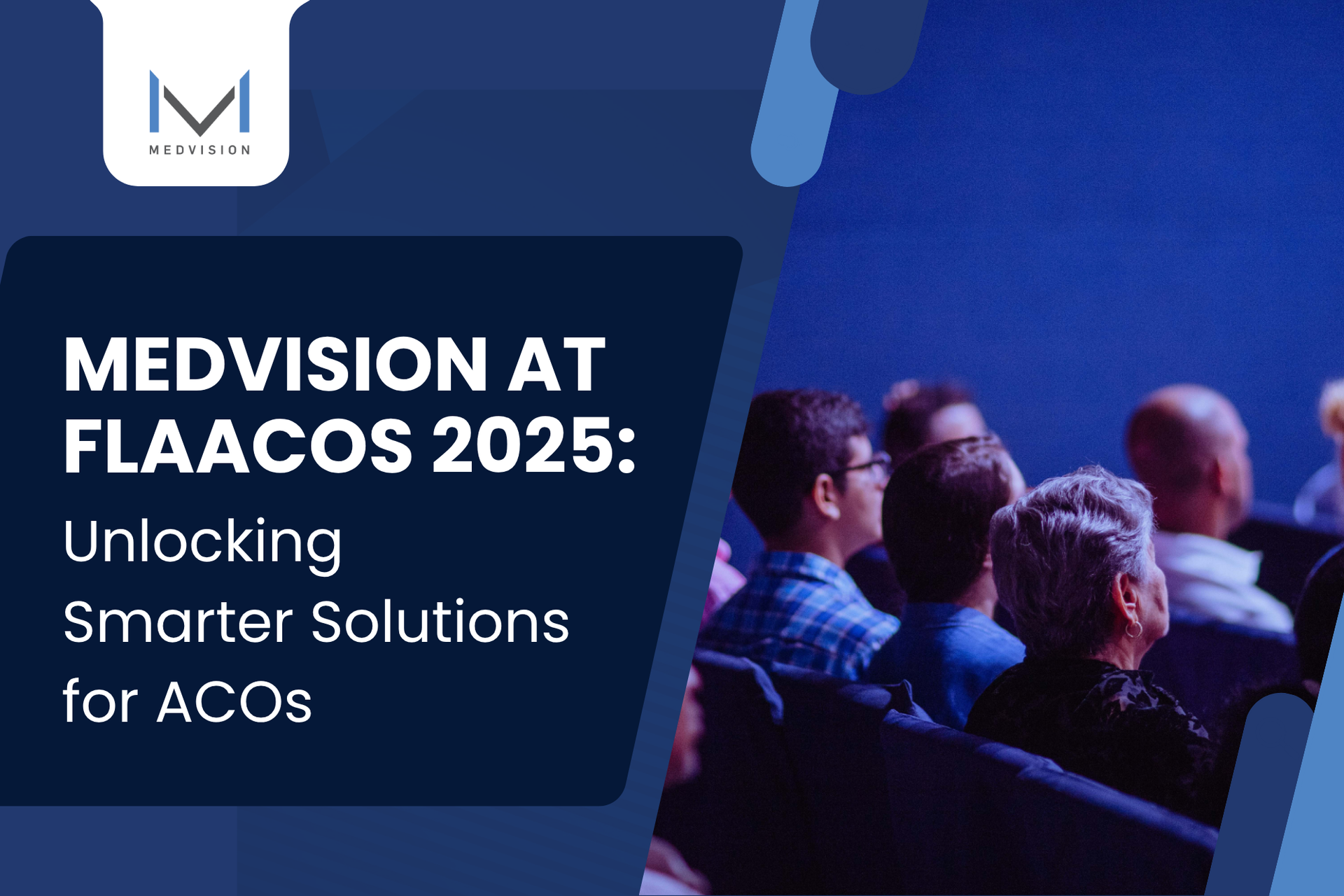The Role and Benefits of Capitation in PACE Programs
In healthcare, providers get paid in two main ways: fee-for-service and value-based care.
Fee-for-service means providers get paid for each service they provide. On the other hand, Value-based care shifts the focus from volume-based services to prioritizing overall health outcomes, encouraging healthcare providers to emphasize preventive measures and patient engagement.
A value-based care payment method, known as capitation, plays a vital role in healthcare, especially in programs like PACE (Program of All-Inclusive Care for the Elderly). Like other value-based care models, capitation focuses on holistic care and addressing the individual's overall well-being rather than solely targeting specific health issues one test at a time.
Capitation in healthcare operates much like a subscription to your favorite streaming service. Each participant in the program contributes a set monthly fee, typically covered by Medicaid or Medicare. This fee covers all healthcare services, whether the participant requires one appointment or multiple visits. Capitation ensures comprehensive participant coverage, comparable to paying a set subscription fee regardless of the number of shows you watched.
This is why PACE Programs need to save money whenever possible to continue providing quality patient care. One method would be implementing comprehensive value-based software to facilitate daily operations more efficiently.
Role of Capitation in PACE Programs

Impact on Service Delivery and Care Coordination
Capitation greatly affects how services are delivered and how teams work together in PACE Programs. It fosters efficiency and effective communication among the involved healthcare teams, shifting the focus towards preventive care and collaborative efforts to maintain overall health. In order to save on extra costs like duplicate tests or unnecessary appointments, healthcare providers must plan ahead when considering the long-term health of someone in their program.
In a certain instance, a sick person might have to visit multiple doctors who don’t speak to each other. Unknowingly, they order the same lab test for slightly different reasons. This inefficiency is something that capitation actively discourages from happening.
Financial Management and Risk Mitigation
Capitation helps PACE Programs manage money better and reduce financial risks. Fixed capitated payments per person help them plan their budgets and use resources wisely. This stability is crucial, especially when caring for a vulnerable population.
That stability benefits the provider and especially the patient. In a fee-for-service model, the charges in a month of poor health might overwhelm the patient's finances. Likewise, a healthcare provider may experience delays in revenue collection because the patient can't afford to pay for the service all at once. Capitation, as a value-based model, enables both parties to plan ahead to avoid costly financial problems down the line.
Read More: Fee-for-Service vs Capitation: Comparing Sustainability
Benefits of Capitation in PACE Programs
PACE Programs excel as an alternative option for the elderly who do not wish to live in a care facility but still require some of its features and services. They get the care and sense of community while living in their own homes, and capitation makes much of this possible.
Patient-Centered Care and Improved Outcomes
Capitation in healthcare helps ensure seniors get the care they need when they need it in a PACE Program. Since providers operate on a fixed budget each month, they are incentivized to prioritize preventive measures to reduce the need for costly tests and office visits. Capitation promotes long-term cost savings and better health outcomes by focusing on proactive measures.
It boils down to the fact that a healthy person is much less expensive to care for than a sick person. Whether it's managing health issues, coordinating treatments, or helping with life challenges, capitation helps seniors live healthier, happier lives.
Regulatory Compliance and Reporting Requirements
For healthcare providers, capitation aids in financial reporting. Since providers have a fixed monthly budget, this predictability allows them to track revenue streams and allocate resources efficiently.
Additionally, the stability of capitation enables providers to invest in compliance activities more effectively. For instance, they can allocate funds towards staff training on regulatory requirements, ensuring continuous adherence to healthcare regulations. This level of financial stability and control is often more challenging to achieve under a fee-for-service model, where revenue fluctuates unpredictably.
Future Trends and Opportunities
Healthcare is always evolving, and capitation gives PACE Programs the financial support to grow with the industry. Similar to how a fixed budget can make way for additional staff training, it can also provide the means to invest in new technologies. Implementing new tech allows for optimized care delivery, which in turn, helps in patient satisfaction.
A new comprehensive management system is an example of this potential game-changing tech. MedVision's QuickCap v7.0 was designed from the ground up to serve value-based care models, including PACE Programs. A new system like this can produce beneficial ripple effects across your organization.
Leveraging Comprehensive Software Solutions

In the fast-paced world of healthcare management, efficiency and coordination are paramount. MedVision's QuickCap v7.0 (QC7) helps take care of all the little details in a timely manner so your staff can focus on giving quality care to your patients. It's like having a supercharged assistant for your PACE care.
QuickCap v7.0 goes the extra mile for your program so you can do the same for your patients. With features like streamlined claims processing and built-in compliance measures, you can trust that your operations are handled with precision and care. The built-in analytics system enables you to identify and care for high-risk members.
QC7 also supports your program's ability to oversee interdisciplinary teams, manage transportation processes, and track all records in order to remain compliant with health plans and government agencies. These features all play a vital role in helping you provide the quality care your members deserve.
This pairs nicely with the value-based care model, capitation. Capitation allows you to seek new technologies, and technologies, like QC7, will enable you to save money by streamlining your operations.
Capitation is crucial in PACE Programs for fostering collaboration and effective planning among healthcare teams. This ensures that seniors receive appropriate care without financial concerns, as healthcare providers focus on overall health rather than individual issues. Utilizing software such as QC v7.0 further enhances these efforts by organizing tasks, promoting teamwork, and streamlining capitated payments management processes.
These solutions help organizations streamline operations, enhance care coordination, and improve participant satisfaction. They are important in supporting the mission of PACE Programs and giving high-quality care to older participants.
Empower your organization with QuickCap v7.0
Recently published articles
Keep in touch
Subscribe to get the latest update
Trending topics
Share your insights on social media
Upcoming events and company news













